Pressure is an inevitable part of success, and we must acknowledge that it is a natural human emotion. But pressure is not the same as fear. It can lead to anxiety. Learning how to deal with it effectively will help you become more successful. In this article, we'll explore some techniques for managing stress and anxiety, including how to control your internal locus of control. We will also examine the importance of establishing your own personal boundaries and minimizing the amount of pressure you allow yourself.

Stress
Everybody experiences stress at work. We all strive for performance, growth, and measurable success. We want to improve ourselves and the work we do so we can get more money, recognition, and praise. This, however, can cause stress. Instead of allowing stress to consume you, use it as a motivator. Reframing stress as an opportunity to improve your performance will help you and your team stay focused and achieve more.
Studies have shown that a small amount of stress can improve work productivity. Without stress, we tend to take the easy way out, procrastinate, and do the bare minimum. But a little bit of stress can keep us on our toes and spur us to get the work done. That is why successful people know how to use stress to their advantage. But how can you harness it to boost your success?
Fear of failure
Many people experience a certain amount of fear of failure. It can prevent them from taking risks and coming up with innovative ideas. However, the more creative we are, the more mistakes we make. Avoiding these mistakes destroys our creativity. So, how can we overcome this fear and move towards success? By acknowledging our mistakes and recognizing our strengths, we can work on eliminating our fears and ensuring that we have the courage to move forward.
First, we must understand why we are afraid of failure. Understanding the reasons why we have a fear of failure will help us overcome it. This knowledge will help us identify the behaviors that cause us to avoid failure. Those behaviors might include overworking and other self-protective actions. By identifying these behaviors, we can learn to change them so that we are less likely to experience them. That way, we can be more successful in the long run.
Internal locus of control
Most of us have an internal locus of control. It limits our ability to understand the world outside of ourselves and how our actions shape our abilities and skills. Our internal locus of control should match our sense of competence, self-efficacy, and opportunity. When we are overly internal, we often become neurotic, depressed, and anxious. We should be aware of the circumstances that shape our actions and evaluate them based on their impact.

Using the concept of external versus internal locus of control, Rotter and Seeman identified a major form of subjective alienation: the lack of the ability to shape our lives. They also related this concept to the sociological notion of alienation, in which individuals feel helpless and powerless in terms of shaping their lives. A lack of autonomy reflects a general lack of self-esteem and the ability to achieve a sense of purpose.